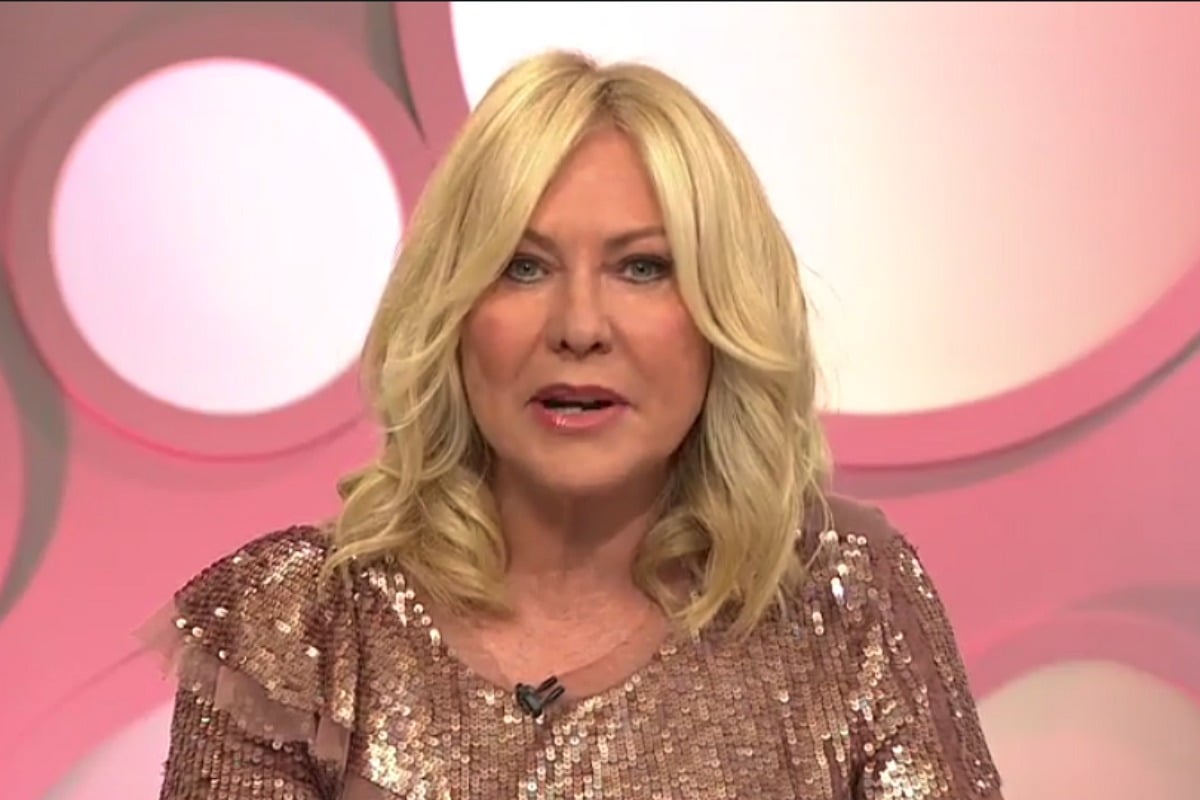
Morning television has a reputation for being typically, well, sedate. But on Monday’s episode of Studio 10, the panel engaged in a debate that has left people fuming.
It centres around an exchange between daytime television stalwart Kerri-Anne Kennerley and presenter Yumi Stynes regarding protests that took place around the country on January 26, which called for the date of Australia Day to be changed and to highlight ongoing oppression and disadvantages experienced by First Nations people.
Kennerley’s take: “Has any single one of those 5000 people waving the flags, saying how inappropriate the day is, has any one of them been out to the outback where children, babies five-year-old’s are being raped, their mothers are being raped, their sisters are being raped, they get no education? What have you done?”
“You’re sounding quite racist right now.” @yumichild says to Kerri-Anne as they clash over Australia Day & #ChangeTheDate. #Studio10 pic.twitter.com/qI2qBsiT9t
— Studio 10 (@Studio10au) January 27, 2019




























































































